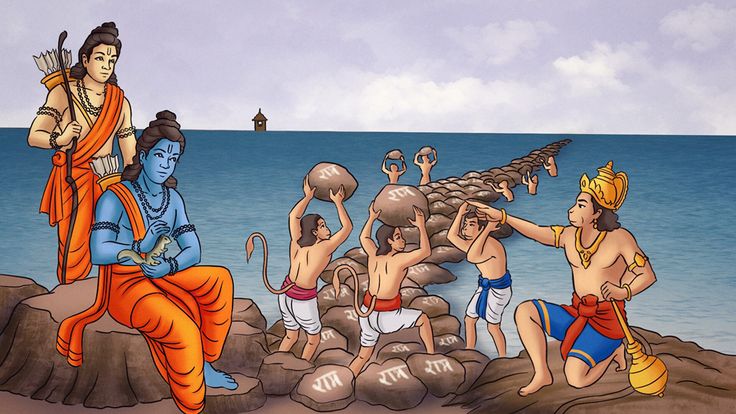
The Ramayana is not just a timeless epic; it’s a profound spiritual guide. Through the lens of Gaudiya Vaishnavism, we uncover the deeper meanings of devotion, righteousness, and divine love illustrated in this revered text.
“The Ramayana teaches us the essence of devotion and the beauty of surrender to the Divine.” — Bhaktisiddhanta Sarasvati Thakura
The Concept of Dharma in the Ramayana
Dharma, or righteousness, is a central theme in the Ramayana. Lord Rama’s life exemplifies the perfect adherence to dharma, showcasing the importance of duty and morality. In the Gaudiya tradition, these teachings encourage practitioners to align their lives with divine principles, leading to a harmonious existence and spiritual growth.
The Role of Devotion (Bhakti)
In the context of the Ramayana, devotion is not just an act but a way of life. Sita’s unwavering faith in Rama serves as a powerful example for devotees. The Gaudiya Vaishnavas emphasize that true devotion transcends rituals and manifests through love and surrender to God, reminding us that every act of devotion brings us closer to the Divine.

Lessons from the Characters: Emulating the Divine Qualities
Each character in the Ramayana embodies specific virtues that serve as models for spiritual practice. From Lord Rama’s integrity to Hanuman’s devotion, these qualities are essential for aspiring devotees. Gaudiya Vaishnavism teaches that by emulating these divine attributes, one can cultivate a deeper connection with Krishna, the Supreme Being, and foster a life rooted in spirituality.

